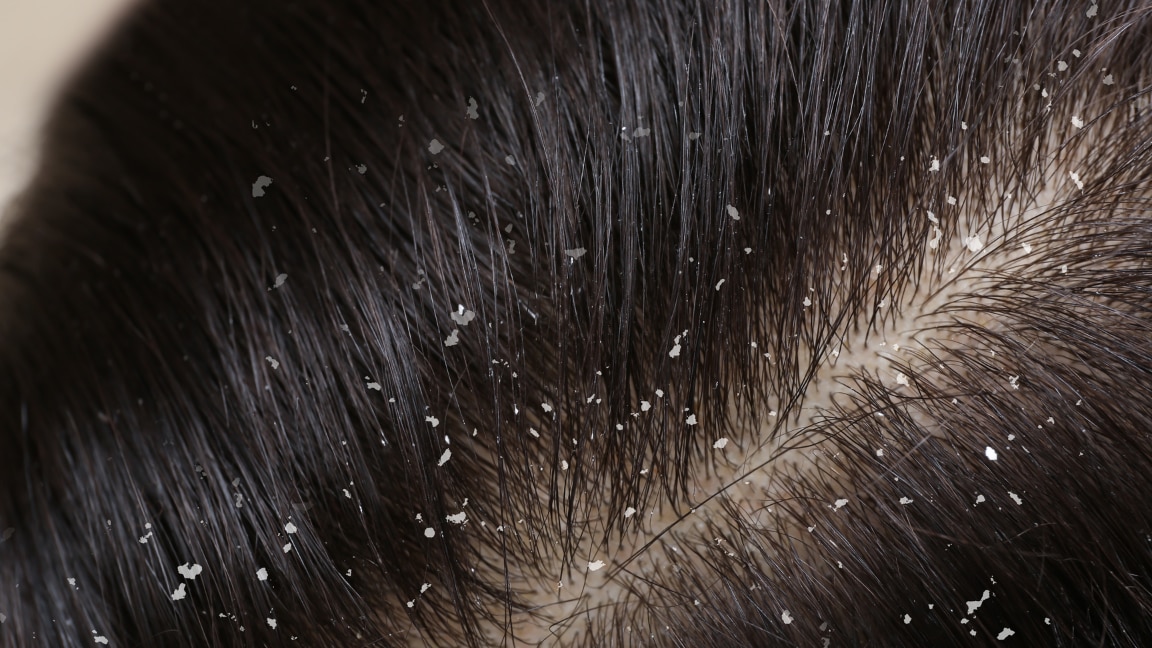Dandruff—those pesky, visible white flakes—is a highly common scalp concern that many people face. It can lead to persistent itching, discomfort, and often, a dip in self-confidence. While it's a frustrating issue, the good news is that achieving a clear, soothed, and flake-free scalp doesn't always require harsh chemicals. This article is your comprehensive guide to simple, natural ways to remove dandruff, soothe the scalp, and maintain long-term hair health using effective home remedies, smart routine changes, and targeted nutrition.
Natural Argan Oil & Lavender Sulfate Free Anti-Frizz Shampoo - 400ml
₹658
₹658
SHOP NOW





